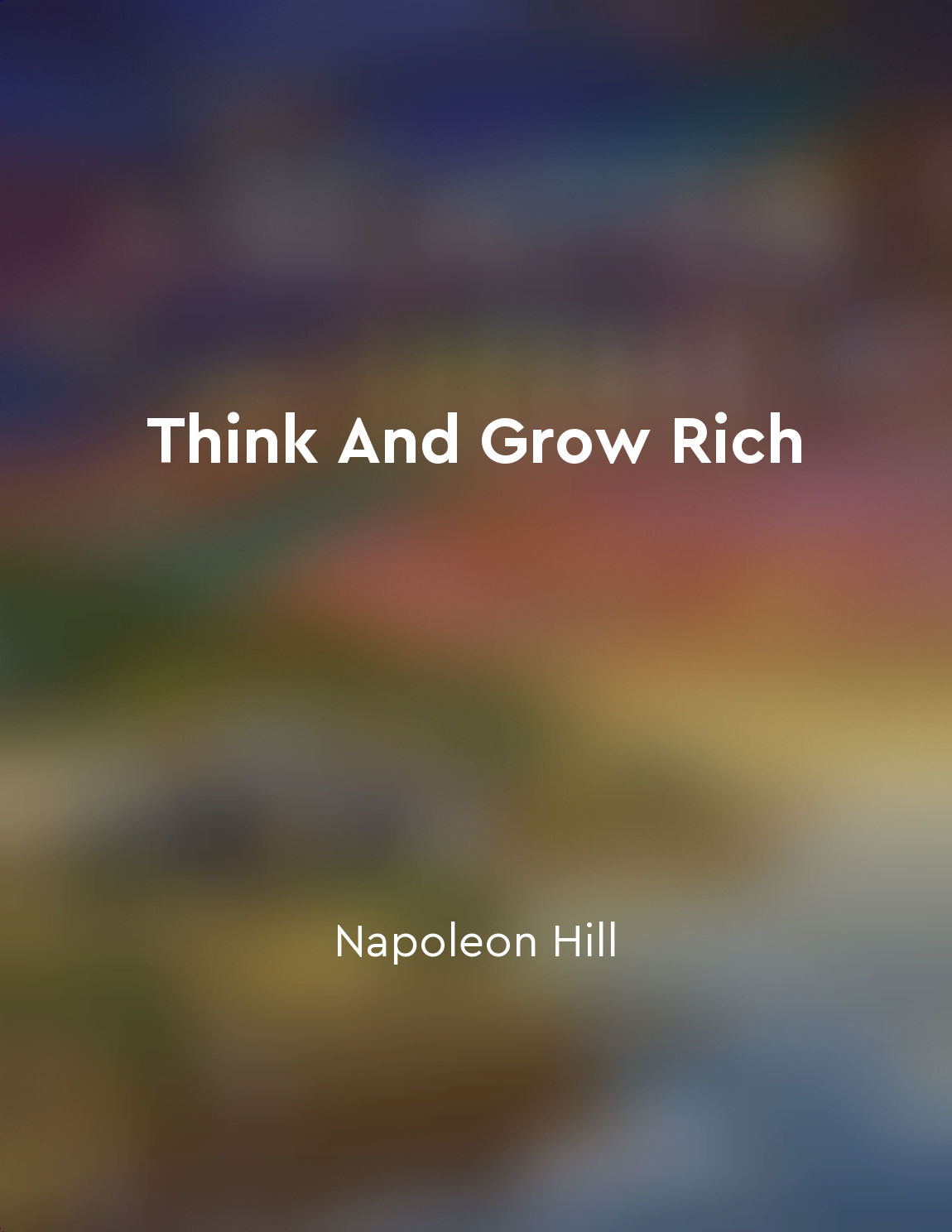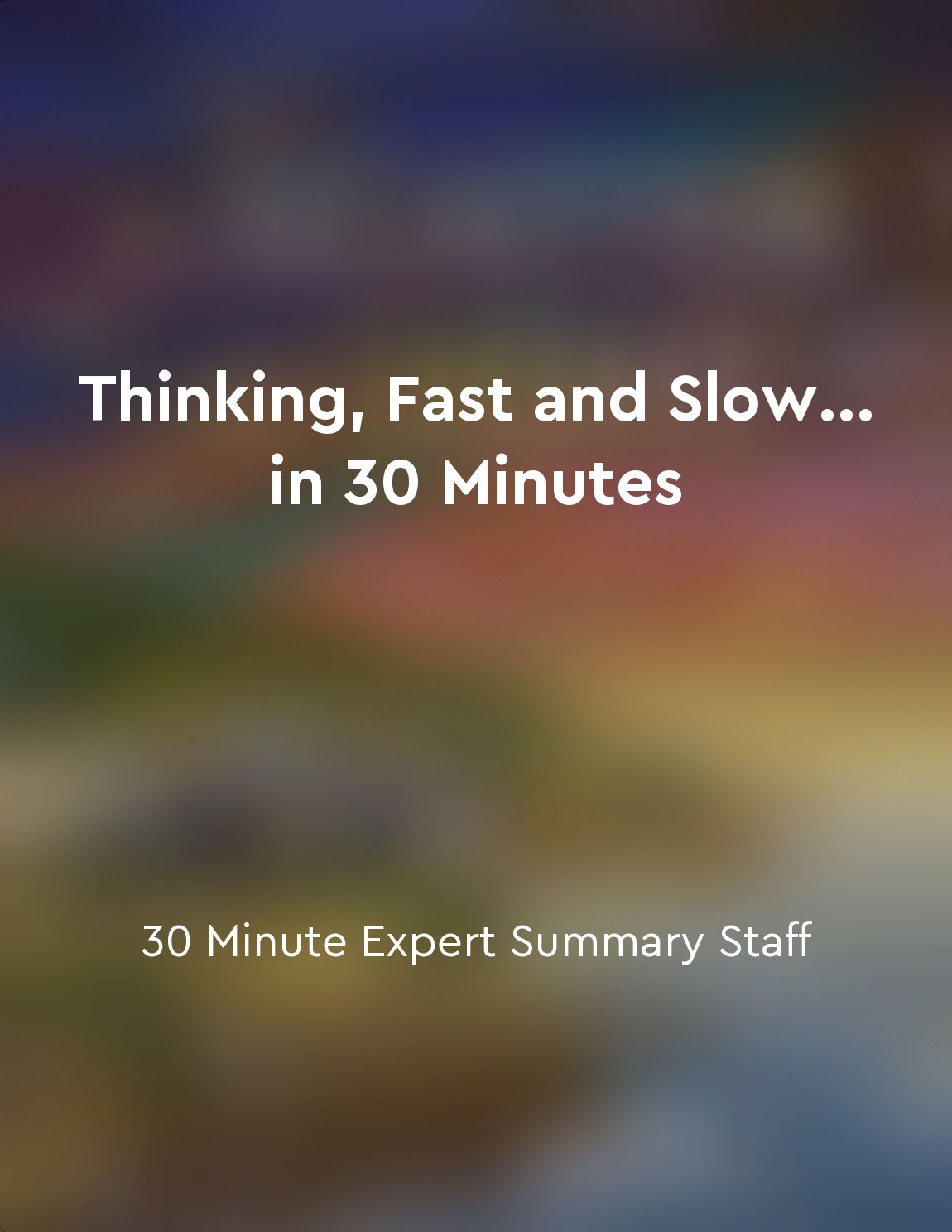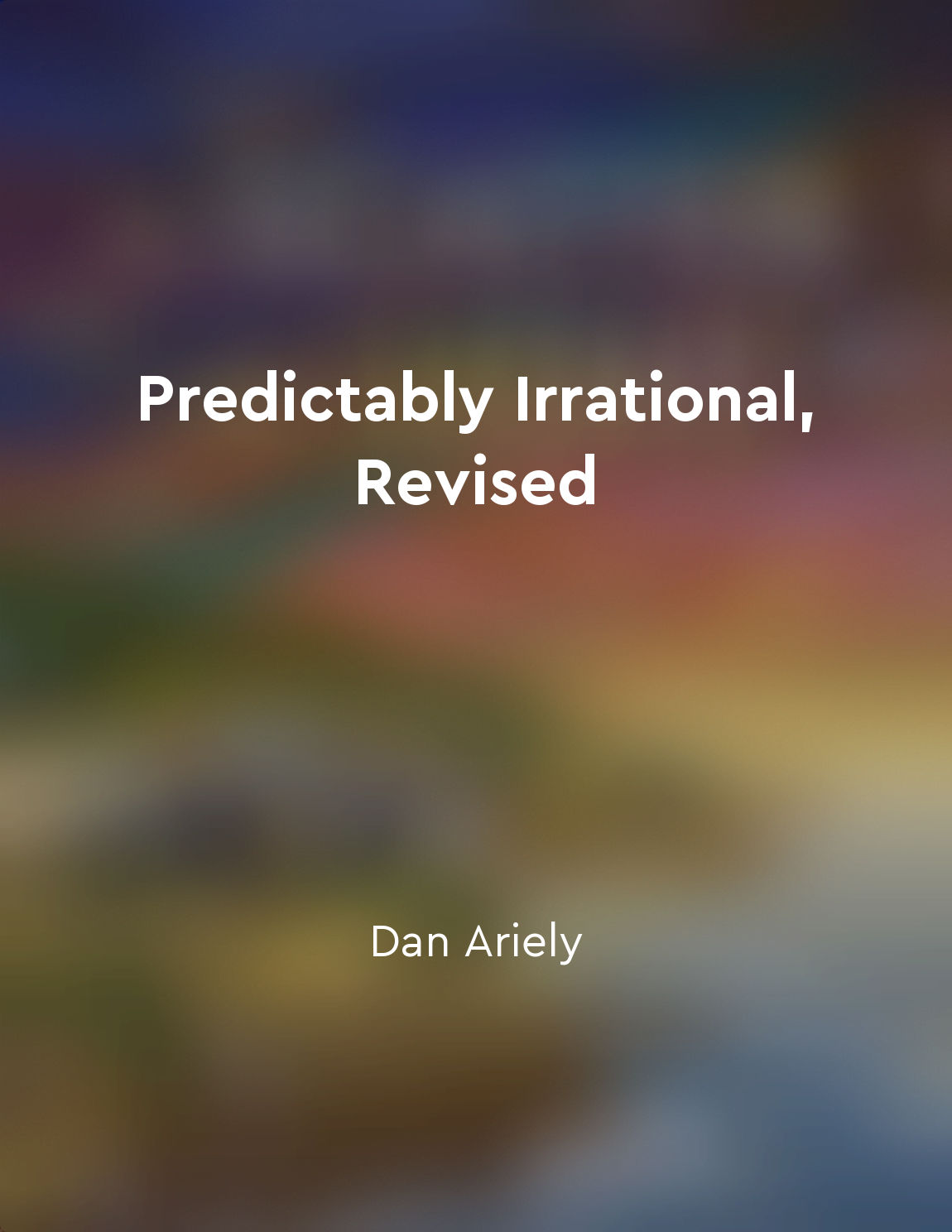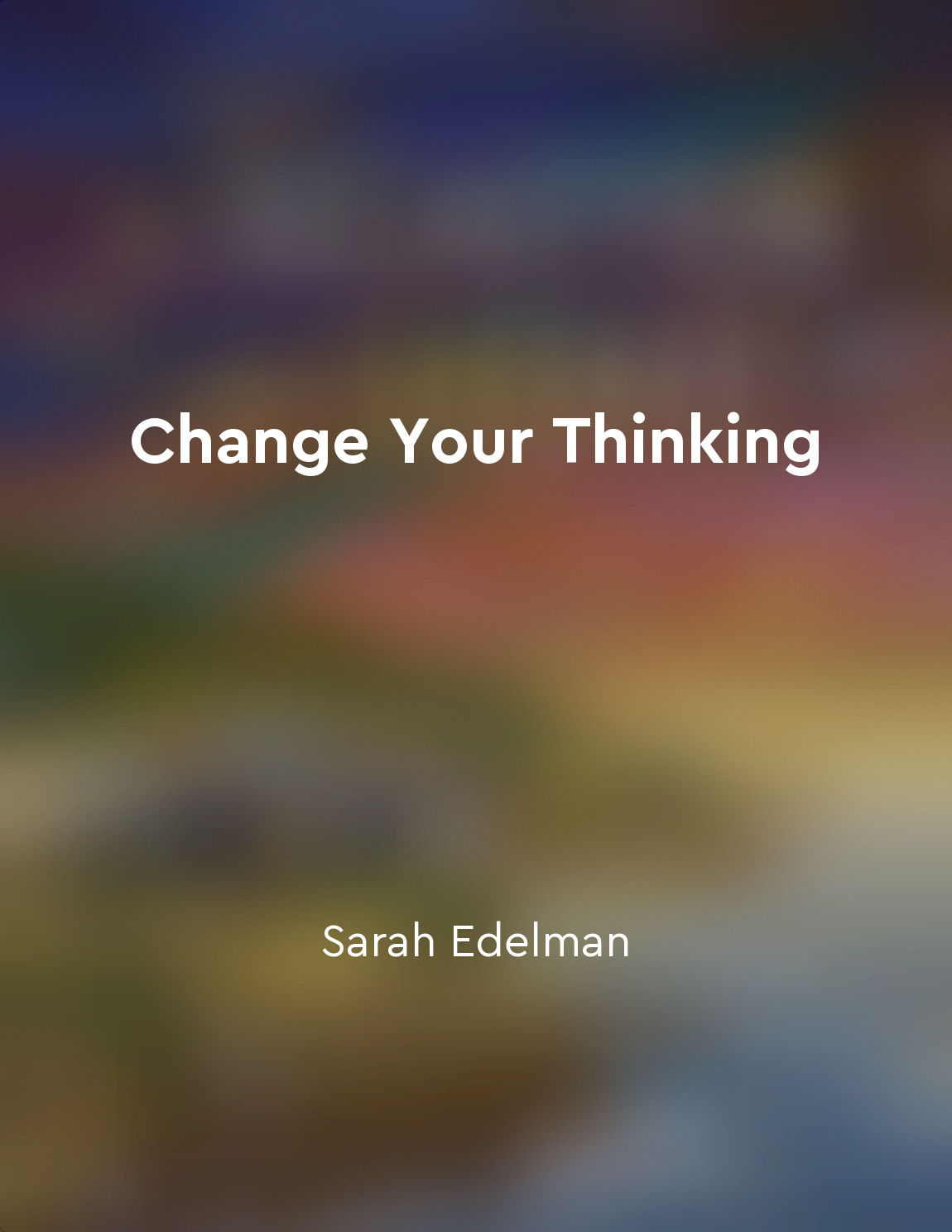Personal preferences guide our decisionmaking process from "summary" of The Art of Choosing by Sheena Iyengar
Our personal preferences play a central role in guiding our decision-making process. Each choice we make is influenced by our unique likes, dislikes, values, and beliefs. These preferences are shaped by a combination of genetic predispositions, cultural upbringing, past experiences, and current circumstances. They serve as a compass that directs us towards options that align with our tastes and interests. When faced with a decision, we often rely on our personal preferences to help us navigate the available choices. We may gravitate towards certain options because they resonate with our values or bring us pleasure. Conversely, we may avoid alternatives that clash with our preferences or trigger negative emotions. Our decisions are a reflection of who we are as individuals and what we hold dear. Our personal preferences can vary widely from person to person, making each decision-making process unique. What one person finds appealing, another may find unattractive. This diversity adds richness and complexity to the way we make choices, highlighting the subjective nature of decision-making. Our preferences can also evolve over time, leading us to reassess and adjust our decisions in light of new experiences and insights. Despite the influence of personal preferences, our decision-making process is not entirely deterministic. We are capable of considering multiple factors, weighing trade-offs, and making rational choices that may not align perfectly with our preferences. We can also override our initial inclinations through conscious effort, logic, or external influences. This ability to exercise agency and control over our decisions underscores the dynamic interplay between personal preferences and rational deliberation.- Our personal preferences serve as a crucial backdrop against which we evaluate and select from a myriad of choices. They inform our decisions, shape our actions, and ultimately define who we are as decision-makers. By recognizing and harnessing the power of our preferences, we can navigate the complexities of choice with greater self-awareness and intentionality.
Similar Posts
Emotional design is integral to product success
Emotional design is critical to the success of products. It is not just about making products aesthetically pleasing, although ...

Teamwork can achieve greater success
The principle of teamwork is a fundamental concept in achieving success. When individuals come together and work towards a comm...

Heuristics provide mental shortcuts
Heuristics, as described by Kahneman, are mental shortcuts that help individuals make decisions quickly and efficiently. These ...
Denial can be a powerful defense mechanism
The mind's ability to shield itself from uncomfortable truths is a remarkable force. When faced with overwhelming evidence cont...

We often fail to consider opportunity costs
Consider a scenario where you are faced with a decision about how to spend your evening. You have two options: you can either s...
The primitive reptilian brain is focused on survival
The primitive reptilian brain is constantly scanning our environment, looking for threats and opportunities for survival. This ...

Enhancing problemsolving skills
One valuable skill that can greatly benefit one's life is the ability to solve problems effectively. When faced with challenges...
The importance of understanding incentives in decisionmaking
Understanding incentives in decision-making is crucial, as they play a significant role in shaping our choices and behaviors. I...
Forensic evidence is not always as reliable as it seems
Forensic evidence holds a special place in the criminal justice system. It is often viewed as irrefutable, solid proof of a per...
Income inequality is a growing concern
There is a growing unease among many people about the increasingly uneven distribution of income. The gap between the wealthy f...

